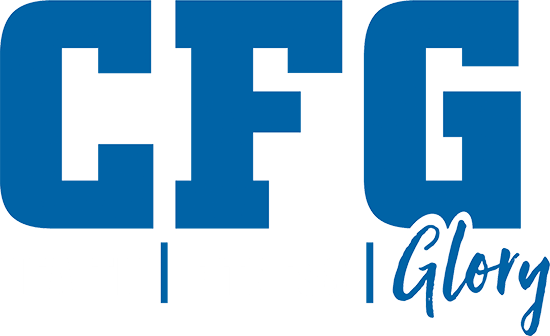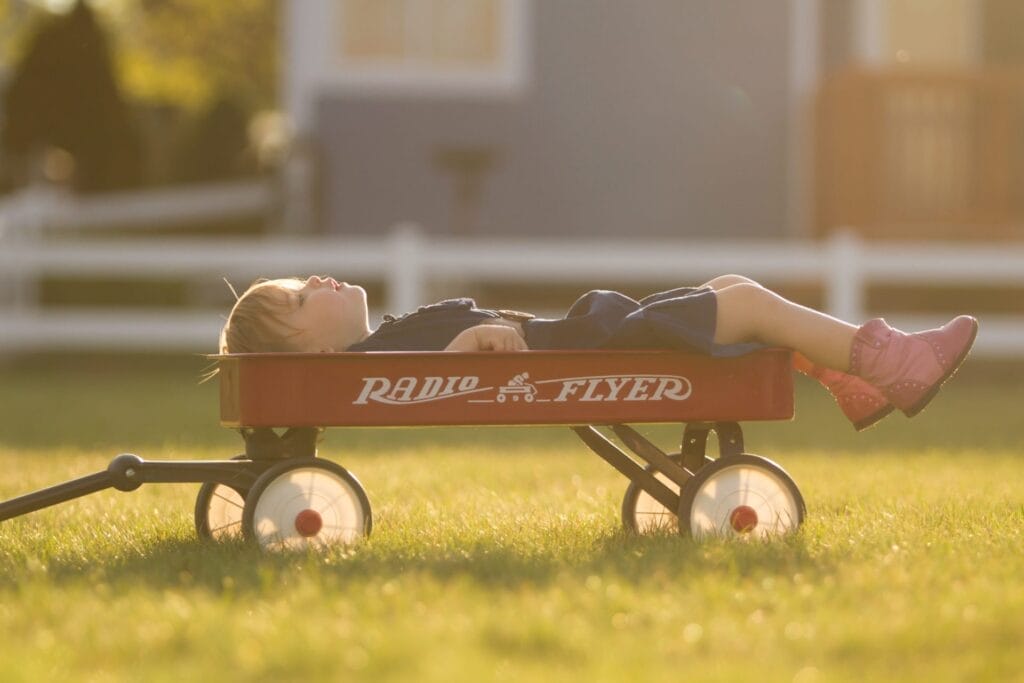Up to this point, we’ve done a few noteworthy things: in Part 1 of this series, we defined sleep, it’s function, and gave a beacon that folks can strive for. Part 2 of this series was all about assessment, because without a clear understanding of where you’re starting, there’s no way to reliably choose what step to take next.
Today we’ll be covering the consequences that arise from a lack of enough quality sleep. This is important to cover for two key reasons:
- Your understanding of this information provides sound logic that you can lean into while a world of “sleep hacks” vies for your attention (read: distraction)
- It helps inform the choices you make in regards to improving your sleep
Because each pillar of the SEMM Model informs and influences one another, I thought it’d be helpful to bucket these consequences in relation to the others.
Relation to Move:
- A chronic lack of sleep has been shown to lead to an increased rate of injury. Intuitively, this makes sense. You can’t expect mental acuity to be high if cognitive restoration is impaired. This should set off a few alarms in your brain when it comes to the type of exercises you are participating in. Stay away from complex, high-CNS (central nervous system) demand movements when sleep is in the toilet. To clarify, dynamic movements would be frowned upon. To take this a step further, just because you can do these things doesn’t mean that you should. Humans are great at buffering against stress, but biology will eventually catch up and something will break.
- When deprived of REM sleep, you will experience increased levels of pain. Why? Lots of physical repair happens during REM sleep and if your body is unable to repair inflammation, like muscle damage done during exercise, then soreness/pain levels go up.
- A positive consequence, or benefit, when you get eight or more hours of sleep? Your speed can increase by as much as 20% and your accuracy by as much as 35%! So if you notice that out of the blue you begin to constantly miss the target during wall-ball shots, maybe you need to strive for a couple extra ZZZ’s!
Relation to Eat:
- There are two hormones that play a critical role in regulating our appetite: ghrelin and leptin. Ghrelin tells our body, “I’m HUNGRY,” so that we are triggered to eat. Leptin tells our body, “I’m FULL,” signaling we’re not hungry and don’t need to eat. When sleep is inadequate, ghrelin production goes up and leptin goes down. Put another way: poor sleep causes your body to remain in a perpetual state of hunger.
- Your appetite upon waking in the morning can provide feedback about your sleep. Believe it or not, waking up feeling hungry is a good sign! I know what you’re thinking: “Isn’t that the opposite of what you just mentioned in the previous point? Isn’t that just ghrelin being overactive?” On it’s own merit, just looking at your appetite upon waking, no. We have to consider eating habits across the day and week to figure out if ghrelin and leptin are out of whack.
Relation to Manage:
- Emotional reactivity goes up by as much as 60% in sleep deprived people. Read that again. Still don’t believe me? Do this: find a parent that has two children, one of which is one year old or under. Ask them: “Would you mind telling me about your reaction the last time your older child spilled an entire bowl of cereal on the couch after you were up with the baby all night?” Now contrast that with how you might feel if you had no children and spilled something on your own in the morning? The difference: sleep deprivation, my friend. Parents…you guys get it!
- Remember the function of sleep that we defined in Part 1, one of which was for cognitive improvement? When sleep is lacking, concentration on cognitively demanding tasks diminishes tremendously, as the executive functions in the brain operate in a sub-par environment. Said differently: if you want to be the best problem solver you can be, work on improving your sleep…not your deadlift or Fran time.
To tie all of these elements together, I’d like to point out the irony between what sleep facilitates better than any other action someone can take and the catch-all name of a sub-market within the health and fitness industry -> RECOVERY. I would like you to think through as many recovery tools and modalities as you can. Now let’s see them for what they really are: temporary band-aid solutions for poor lifestyle design that doesn’t support what many are asking of their bodies. Instead of prescribing the use of boots, wraps, straps, LAX balls, massage guns, extra mobility and stretching, how about we tackle the real issues that will make lasting improvements in our lives? As a bonus, you don’t even have to buy anything extra!
Where to start? Sleep sounds like a great area.
In our closing post tomorrow, we’ll go over the specifics of program design when it comes to sleep.


